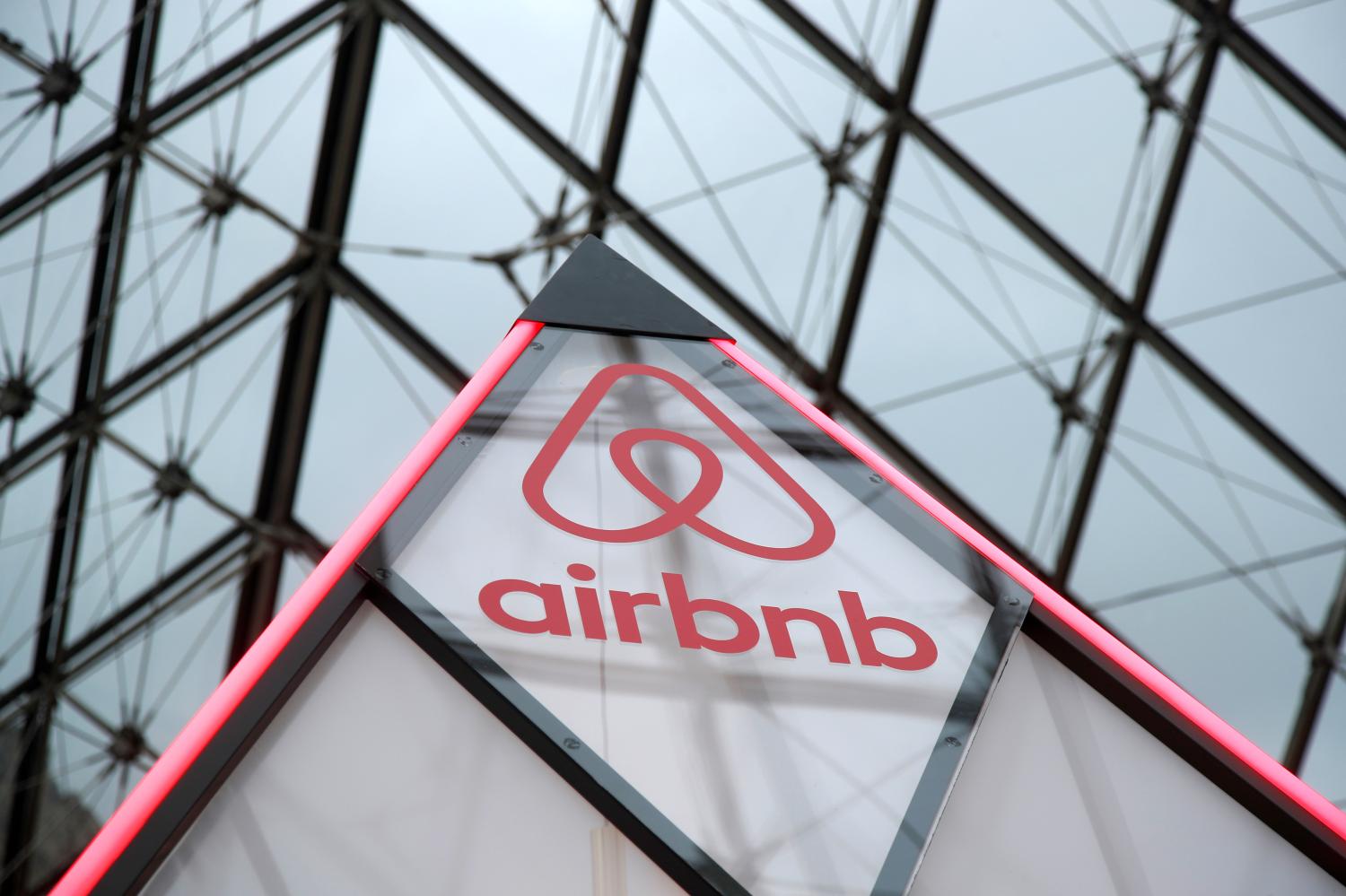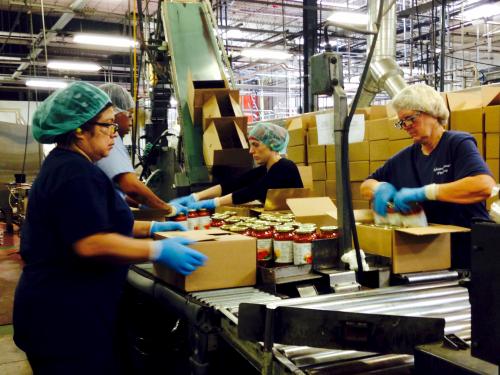This paper is published as part of the Hutchins Center on Fiscal and Monetary Policy’s Productivity Measurement Initiative.
The Internet has greatly reduced entry and advertising costs across a variety of industries. Peer-to-peer marketplaces such as Airbnb, Uber, and Etsy currently provide a platform for small and part-time peer providers to sell their goods and services. In this paper, Chiara Farronato of Harvard Business School and Andrey Fradkin of Boston University study the determinants and effects of peer production in the market for short-term accommodation, where Airbnb is the main peer-to-peer platform and hotels are incumbent suppliers.
Since its founding in 2008, Airbnb has grown to list more rooms than any hotel group in the world. Yet Airbnb’s growth across cities and over time has been highly heterogeneous, with supply shares ranging from over 15 percent to less than 1 percent across major US cities at the end of 2014. Airbnb’s entry has also prompted policy discussion and varied regulation in many cities across the world. In order to understand Airbnb’s growth and its effects, Farronato and Fradkin propose a simple demand and supply framework where accommodations can be provided by either dedicated or flexible supply – hotels vs peer hosts. They then use data from top US cities to test the model hypotheses about the entry of peer supply, and to quantify the effects of this entry on travelers, incumbent hotels, and peer hosts. They find that Airbnb generated $41 of consumer surplus per room-night and $26 of host surplus while reducing variable hotel profits from accommodations by up to 3.7 percent. This resulted in a total welfare gain of $137 million in 2014 from Airbnb in these cities and this effect was concentrated in locations (New York) and times (New Year’s Eve) where hotel capacity was constrained.
This paper informs the active policy debate regarding whether and how to regulate peer-to-peer accommodations. The result favors a regulatory framework that preserves the benefits of peer production during peak demand days while achieving a broader set of objectives such as consumer protection, affordable housing and fair competition.
Airbnb reviewed the paper to make sure that required confidential information was reported accurately, and STR reviewed the paper to verify that its data and information were accurately cited. Farronato has no material financial relationship with entities related to this research. Fradkin was previously employed by Airbnb, Inc. and holds stock in Airbnb, however the authors did not receive financial support from any firm or person with a financial or political interest in this article. Neither author is currently an officer, director, or board member of any organization with an interest in this article.







